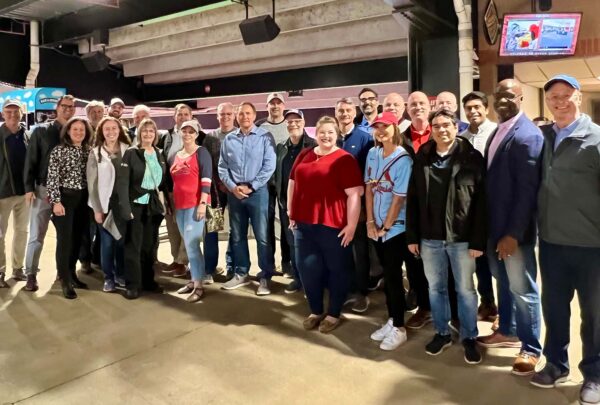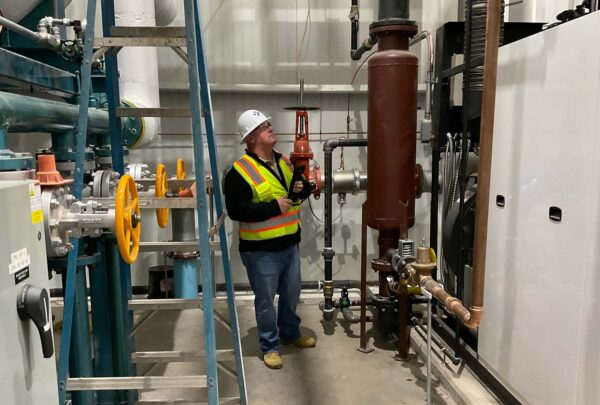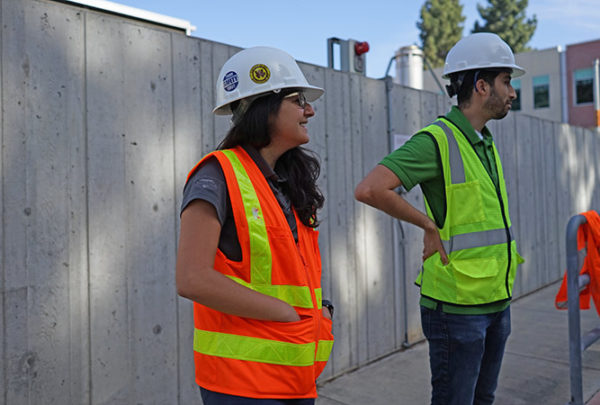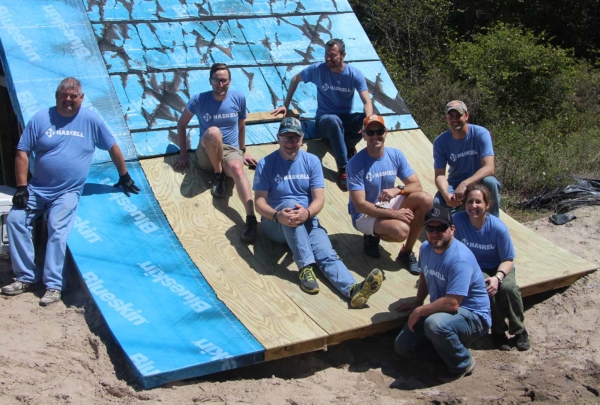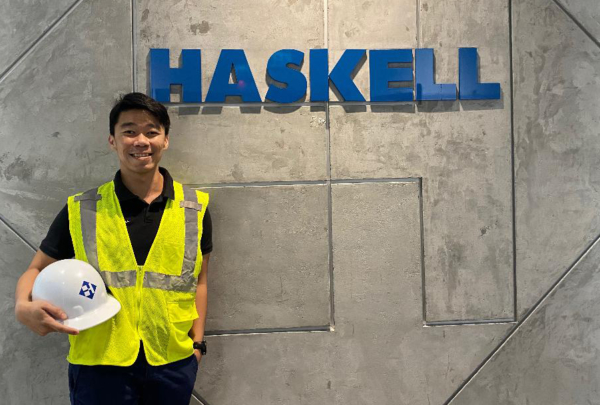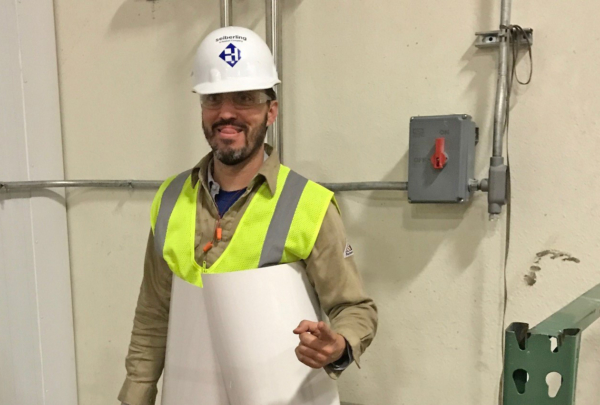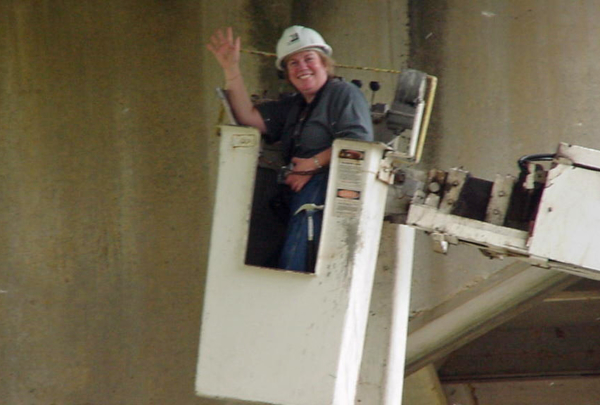Editor’s note: February 20-26 is designated as National Engineers Week 2022. All week, Haskell.com is featuring innovating approaches across the disciplines that exemplify this year’s theme of “Reimagining the Possible.”
Structural engineering always has focused on the physical integrity and design of buildings, tunnels and bridges while meeting vast public safety and code requirements. Recently, gauging the availability and costs of materials has become an essential duty for Haskell’s structural engineering team.
The pandemic and associated supply chain interruptions have disrupted the availability and price of materials and labor. Haskell’s structural engineers have adapted by adding the new layer of complexity necessary to maintain the certainty of outcome for which the company is known.
“We have learned more about economics than we have ever thought possible for our profession,” said Bobbie Wood, Haskell’s Chief Structural Engineer. “Before the pandemic, maybe that wasn’t as imperative as it is now. We must pay attention to the current steel price and plan more on lead times and being flexible. Our design times have been shrunk and we are doing more with less time.”
Wood keeps tabs daily on steel pricing via Haskell’s internal resources and the American Institute of Steel Construction. Joist plants across the country have been affected by low staffing levels, and labor costs have skyrocketed. Haskell has invested in a robust use of digitization, including 4D and 5D simulation, to make renderings more readily available.
The past two years have seen material costs, particularly steel and lumber, rise rapidly. Steel doubled in price from November 2020 to November 2021, and lumber prices spiked in May 2021 before settling a bit. Market prices fluctuate widely.
“It’s been a crazy year,” Wood said. “It’s not just the material costs but the time it takes to order the appropriate shape. Money and time are big elements for us right now and going forward.”
The greatest adaptations she and her Structural team have made have been in terms of preparation and flexibility.
Project preparation now requires a keen eye for early estimates on steel framing before other disciplines have made their final determinations. Previously, Structural Engineering would work alongside the other disciplines working together to fully coordinate the project before steel was ordered.. Now, it’s essential to complete ordering “with a little larger order and before anyone else is complete, sometimes as quickly as six weeks into the design process,” Wood said. “You have to be super-fast and really know what you’re doing.”
As an example of flexibility, Wood noted a scenario in which the design for facilities using pre-engineered metal buildings where procurement was estimated to take as much as a year. The Structural team revisited the design and changed to using wide-flange steel shapes, which, while just as sturdy, were more readily available and ensured that the projects stayed on schedule.
“We’ve got to be able to pivot at a moment’s notice,” Wood said. “We have found that we have to engineer a system twice, maybe three times. The importance of procurement time matters quite a lot to the constructability of a project.”
The foundation of structural engineering – the focus on physical integrity and compliance with safety and code requirements – remains unchanged.
“There’s a lot to being a structural engineer because of what we do,” she said. “People depend on us for life safety. The qualifications are high on purpose.”
But new adaptations have exercised new professional muscles and given Haskell an even greater capability to assure clients the certainty of outcome and time and cost savings that are the company’s hallmark.
About Engineers Week: Founded by the National Society of Professional Engineers (NSPE) in 1951, Engineers Week is devoted to “ensuring a diverse and well-educated future engineering workforce by increasing understanding of and interest in engineering and technology careers.” This year’s theme, Reimagining the Possible, recognizes how engineers create new possibilities from green buildings to fuel-efficient cars to life-saving vaccines.
Haskell specializes in mitigating risk and providing certainty of outcome for its clients, no matter the prevailing conditions. Contact our team to ensure a best-in-class experience on your next facility.






